When it came to taking up a case that challenged the authority of the Occupational Safety and Health Administration (OSHA), Supreme Court Justice Clarence Thomas opposed his colleagues.
The court on Tuesday declined to hear an appeal by Allstates Refractory Contractors workers after a lower court tossed out the Ohio organization’s claim against OSHA.
Ohio Claim
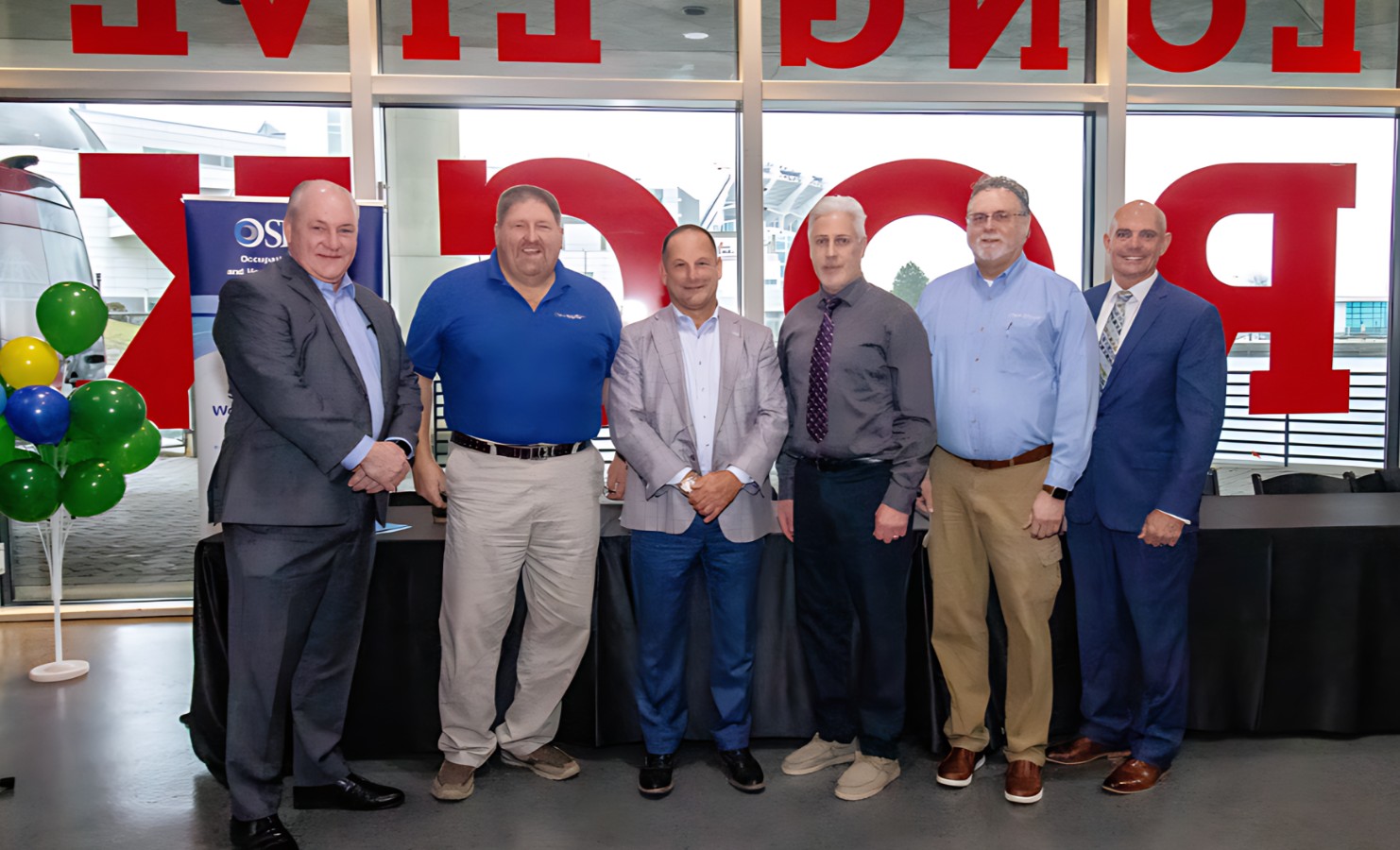
The claim contended that a 1970 government regulation that gave OSHA the sweeping power to give work environment wellbeing guidelines disregards Article 1 of the U.S. Constitution.
This gives lawmaking powers to Congress and no other part of the federal government.
Dissenting Justices
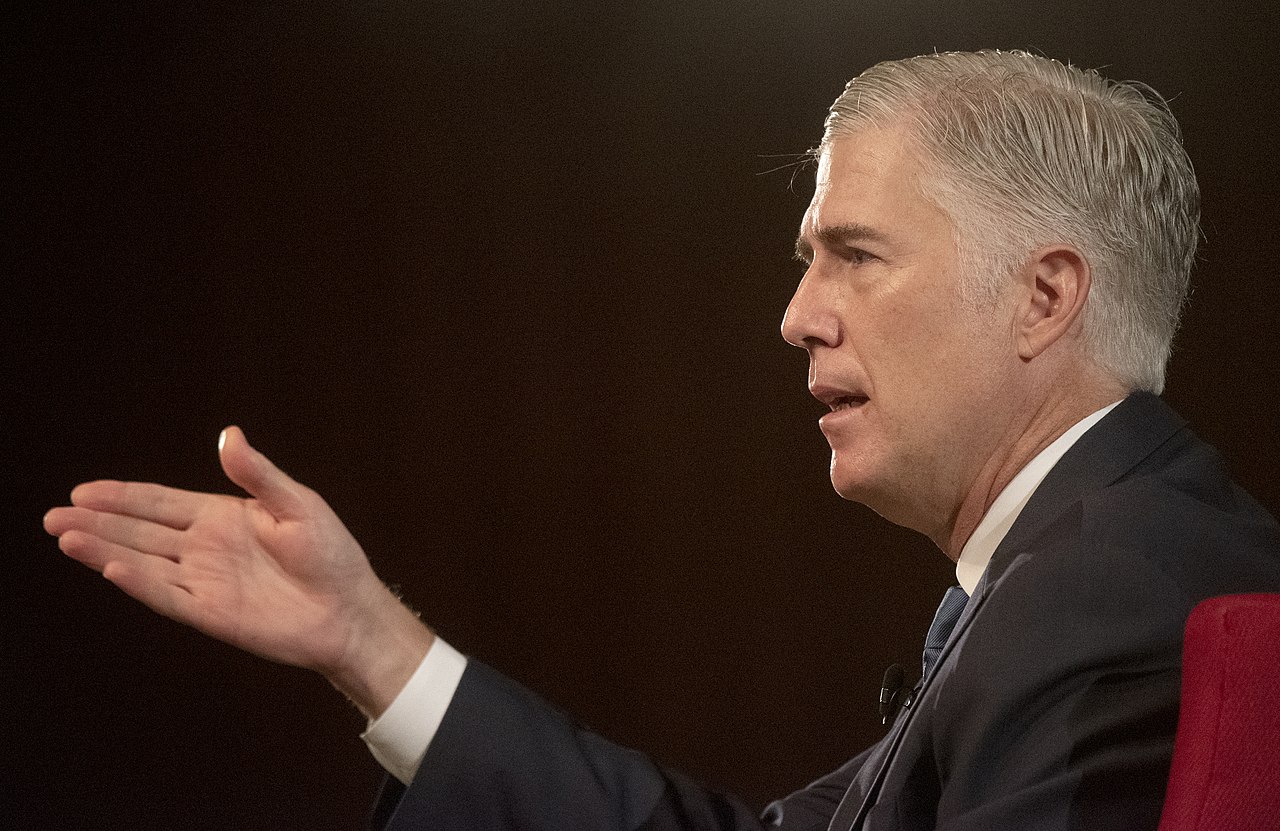
The appeal was denied by seven justices. Thomas and Justice Neil Gorsuch, another conservative, implied they would have heard it.
Thomas dissented from the decision to deny taking up the case, but Gorsuch did not explain his reasoning.
Thomas’ Statement

“The question whether the Occupational Health and Safety Administration’s broad authority is consistent with our constitutional structure is undeniably important,” Thomas stated.
He continued to say: “At least five Justices have already expressed an interest in reconsidering this Court’s approach to Congress’s delegations of legislative power.”
“Excellent Vehicle”
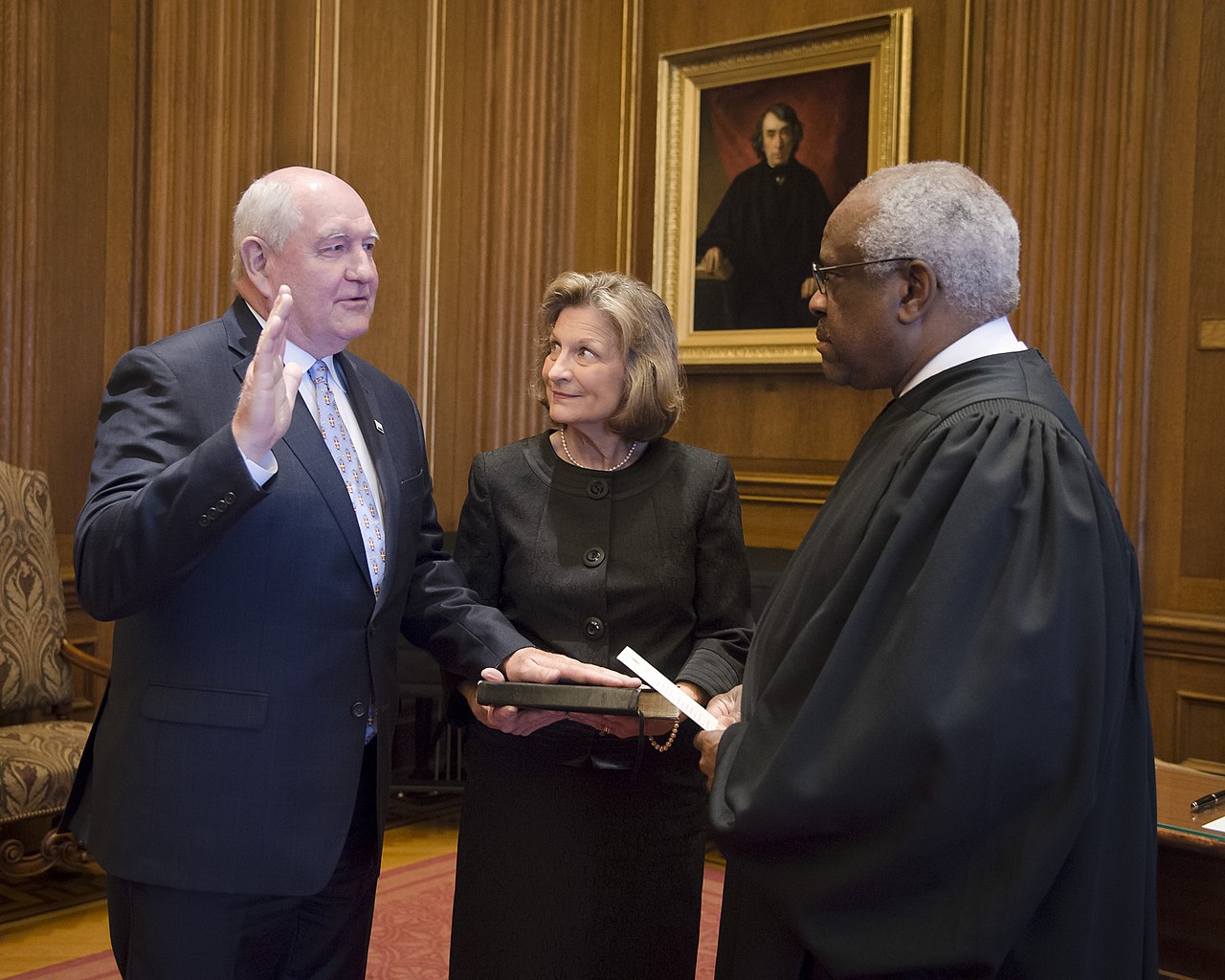
The request is “an excellent vehicle to do exactly that,” Thomas claimed.
The Occupational Safety and Health Act “may be the broadest delegation of power to an administrative agency found in the United States Code,” Thomas said.
“No Less Objectionable”
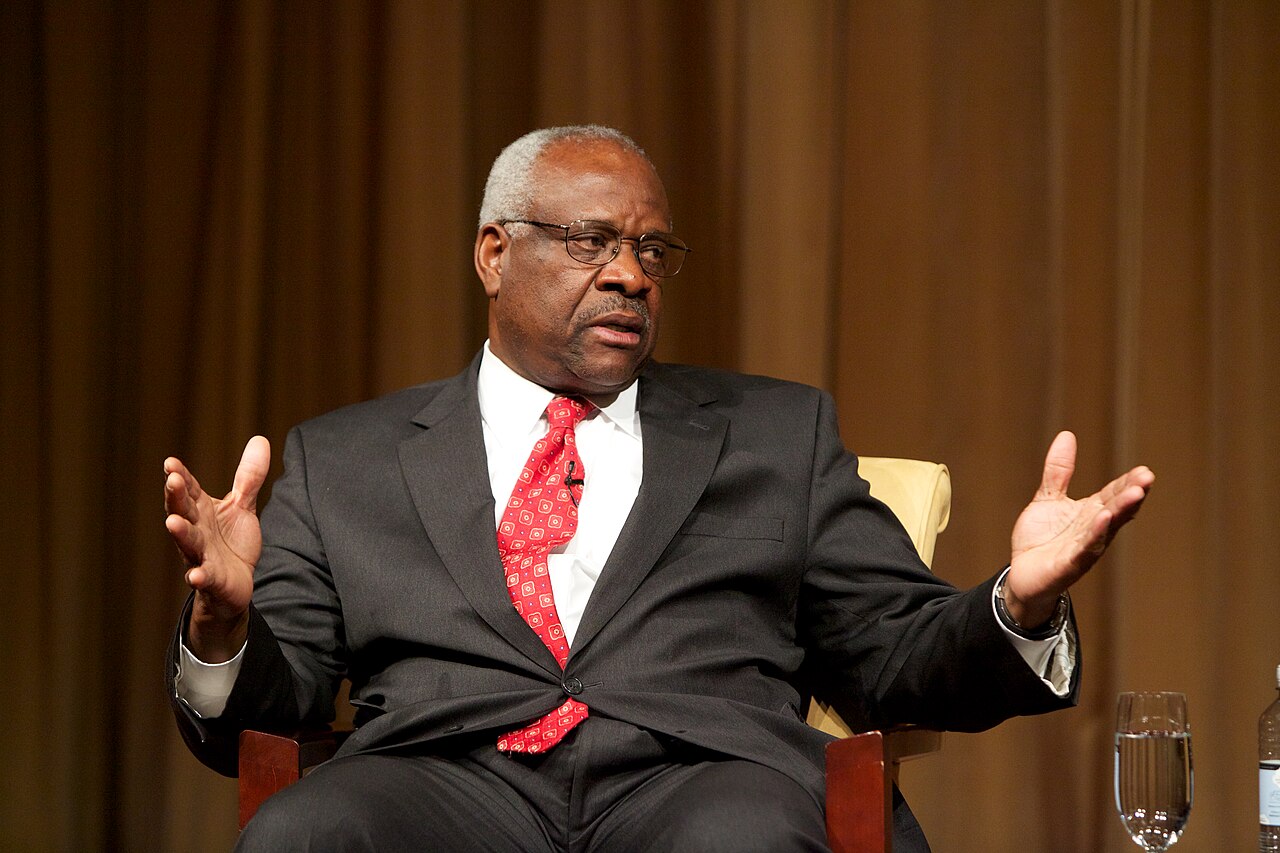
“If this far-reaching grant of authority does not impermissibly confer legislative power on an agency, it is hard to imagine what would.”
It would be “no less objectionable,” he contended if Congress “gave the Internal Revenue Service authority to impose any tax on a particular person that it deems ‘appropriate.'”
Past Objections
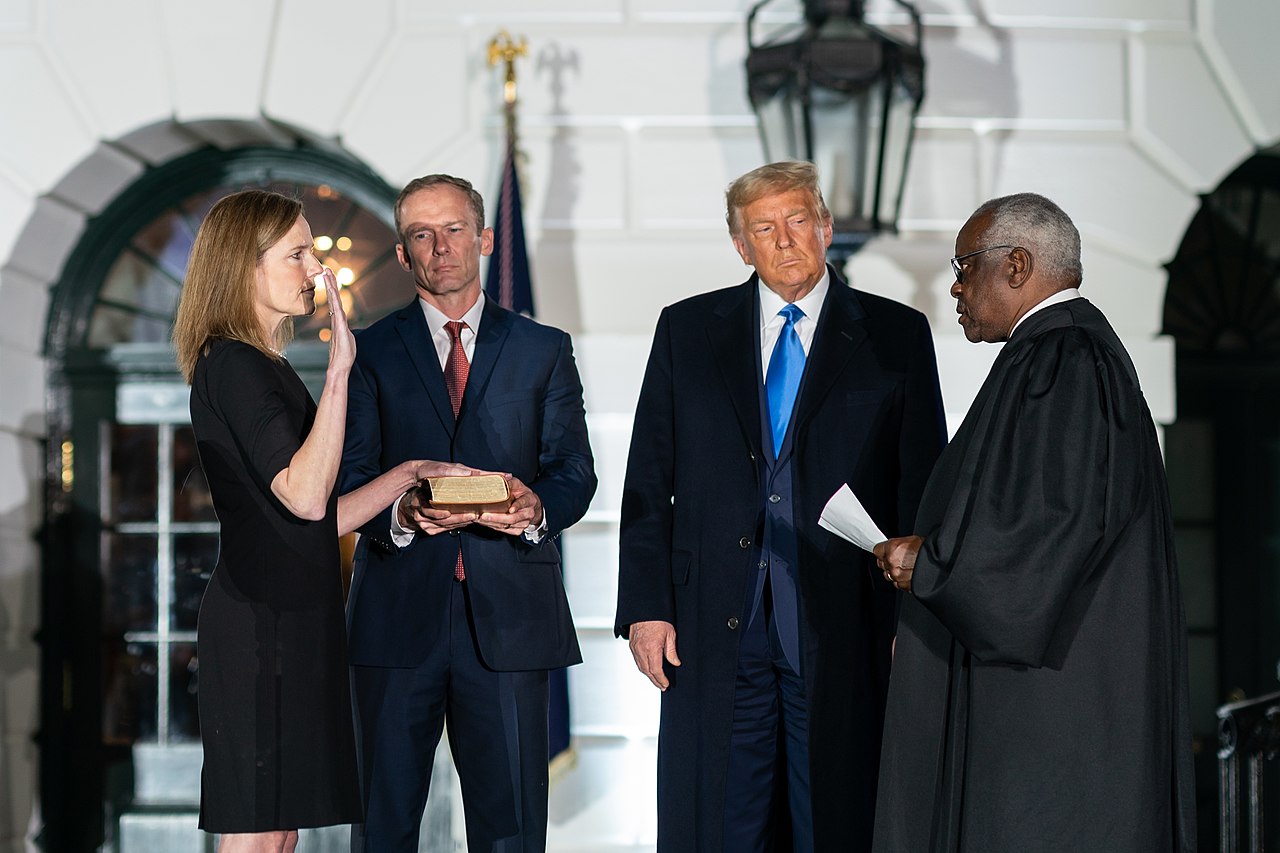
It is certainly not the only time that Thomas first has conflicted with his fellow judges.
Last month, he was the only justice to contradict in a milestone gun rights case.
Gun Control Law

The judges decided 8-1 to maintain a government weapon control regulation planned to safeguard domestic violence victims.
After the court unanimously declined to settle constitutional issues raised by Texas and Florida’s social media laws this week, he also criticized his colleagues for remarks he deemed “unnecessary.”
Social Media Laws

In an agreeing assessment, Thomas said he concurred with the choice to return the cases to the lower courts.
However, he clashed “with the court’s decision to opine on certain applications of those statutes.”
Federal Regulatory Power
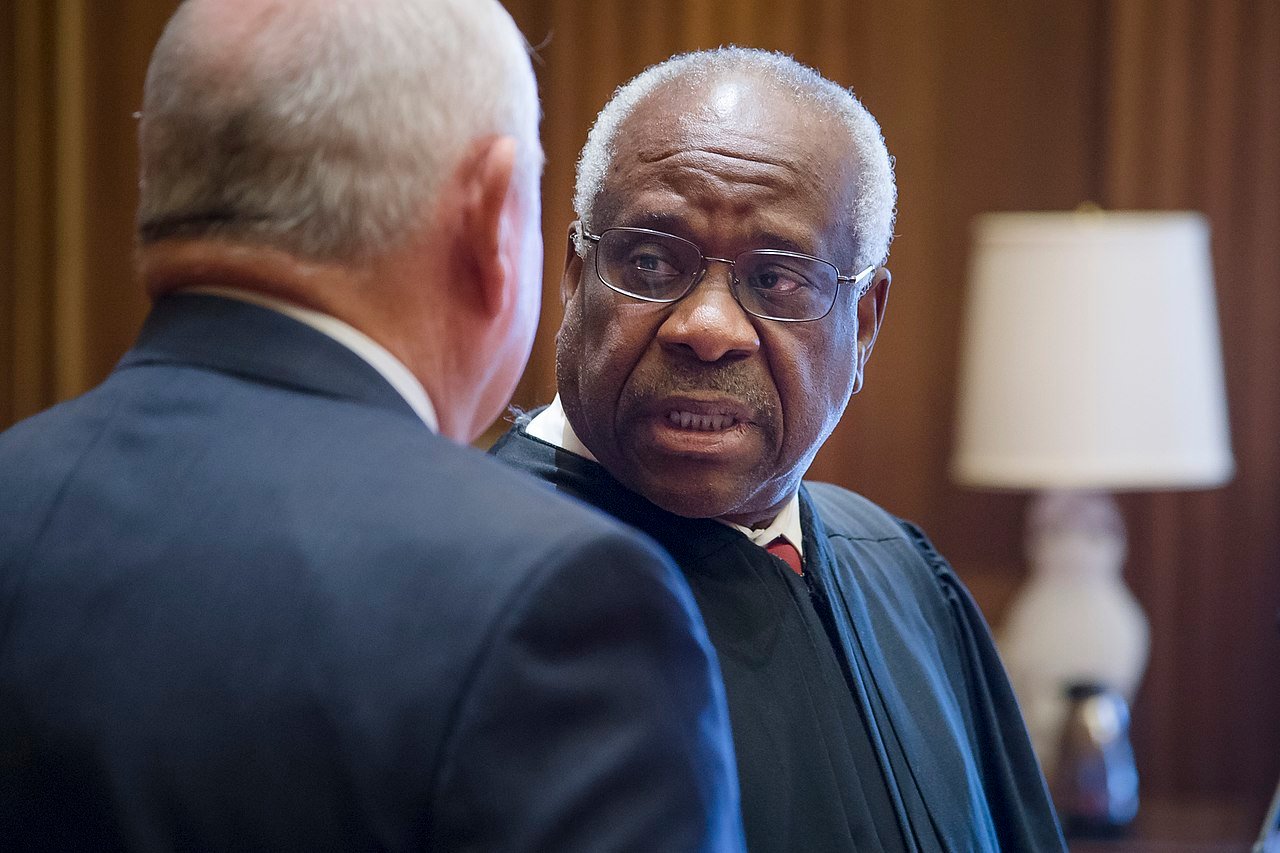
His contradicting assessment on Tuesday comes after the court’s conservative majority on Friday caused a massive setback for government administrative power by toppling the court’s 1984 decision in Chevron v. Natural Resources Defense Council.
This had instructed judges to concede to government offices in deciphering regulations where the law is vague.
Impact of Decision
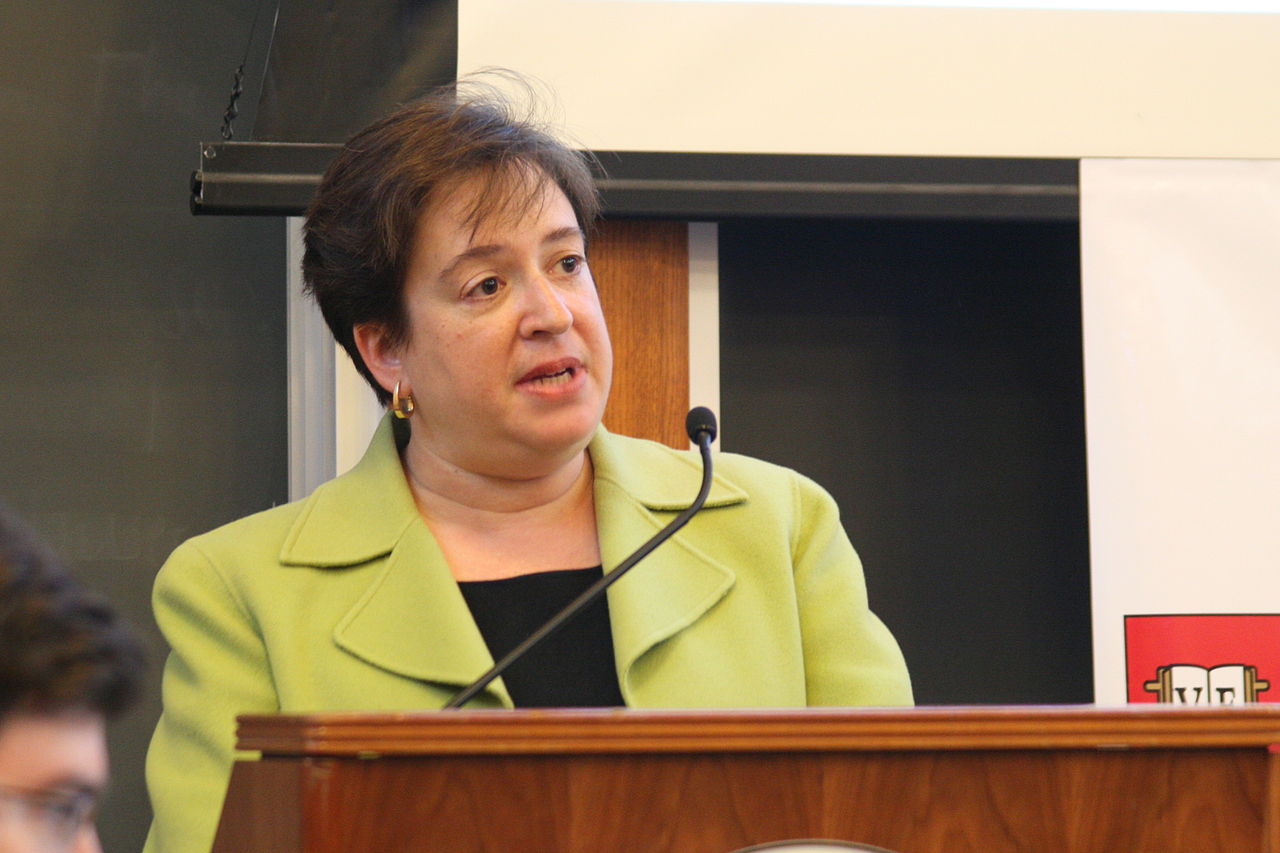
Chevron is a significant ruling that has been cited over 18,000 times over the decades according to SCOTUS Blog.
In Kagan’s dissent, she stated: “In one fell swoop, the majority today gives itself exclusive power over every open issue—no matter how expertise-driven or policy-laden—involving the meaning of regulatory law.”
Potential of the Overrule
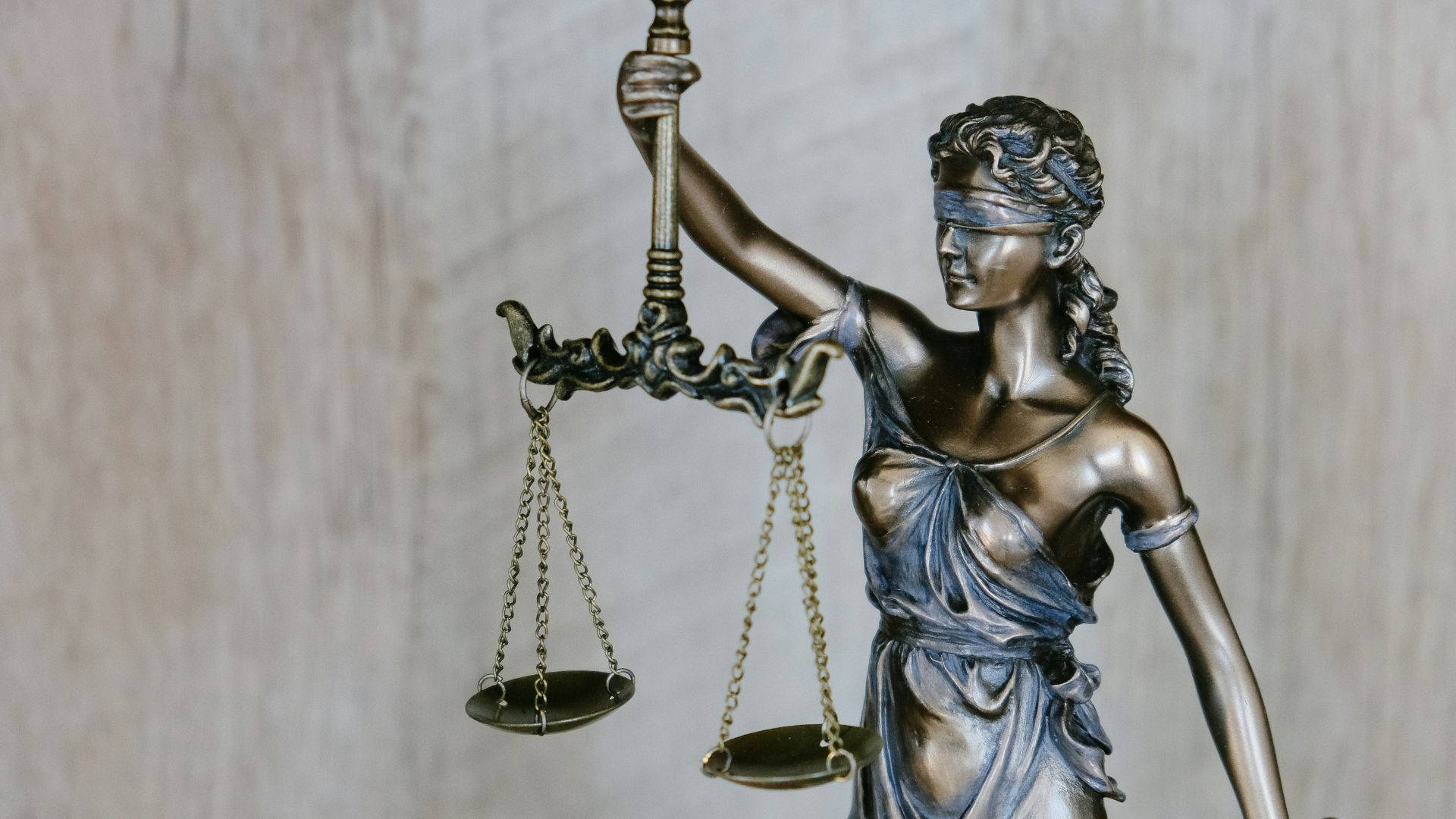
Many see the move to overturn Chevron v Natural Resources Defense Council, along with other recent decisions, as a grab for power by the Supreme Court.
By essentially reversing a judgement that meant the courts had to defer to official government offices and, essentially, the President on matters of enforcing laws, the foundations have been laid for a fundamental change in the role of the Supreme Court.
Judicial Power Grab
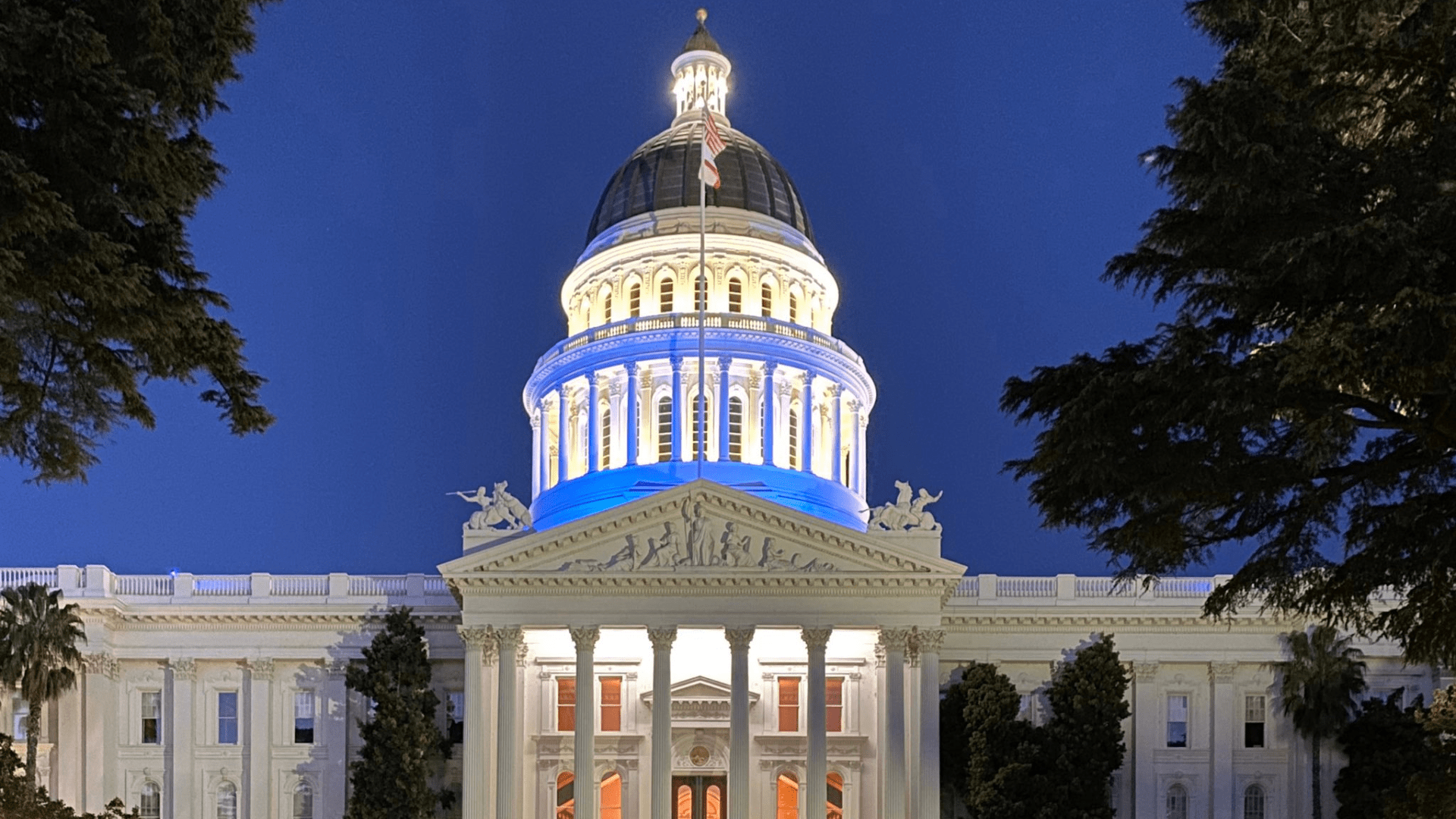
This potential change in how laws are enforced in the US has drawn harsh criticism from some. Elie Mystal, Nation’s legal correspondent, described the decision as “the biggest judicial power grab since 1803”.
The ramifications of the reversal of Chevron v Natural Resources Defense Council and the precedent it set seems at odds with the intended function of the Supreme Court laid out in the constitution.
Changing Role
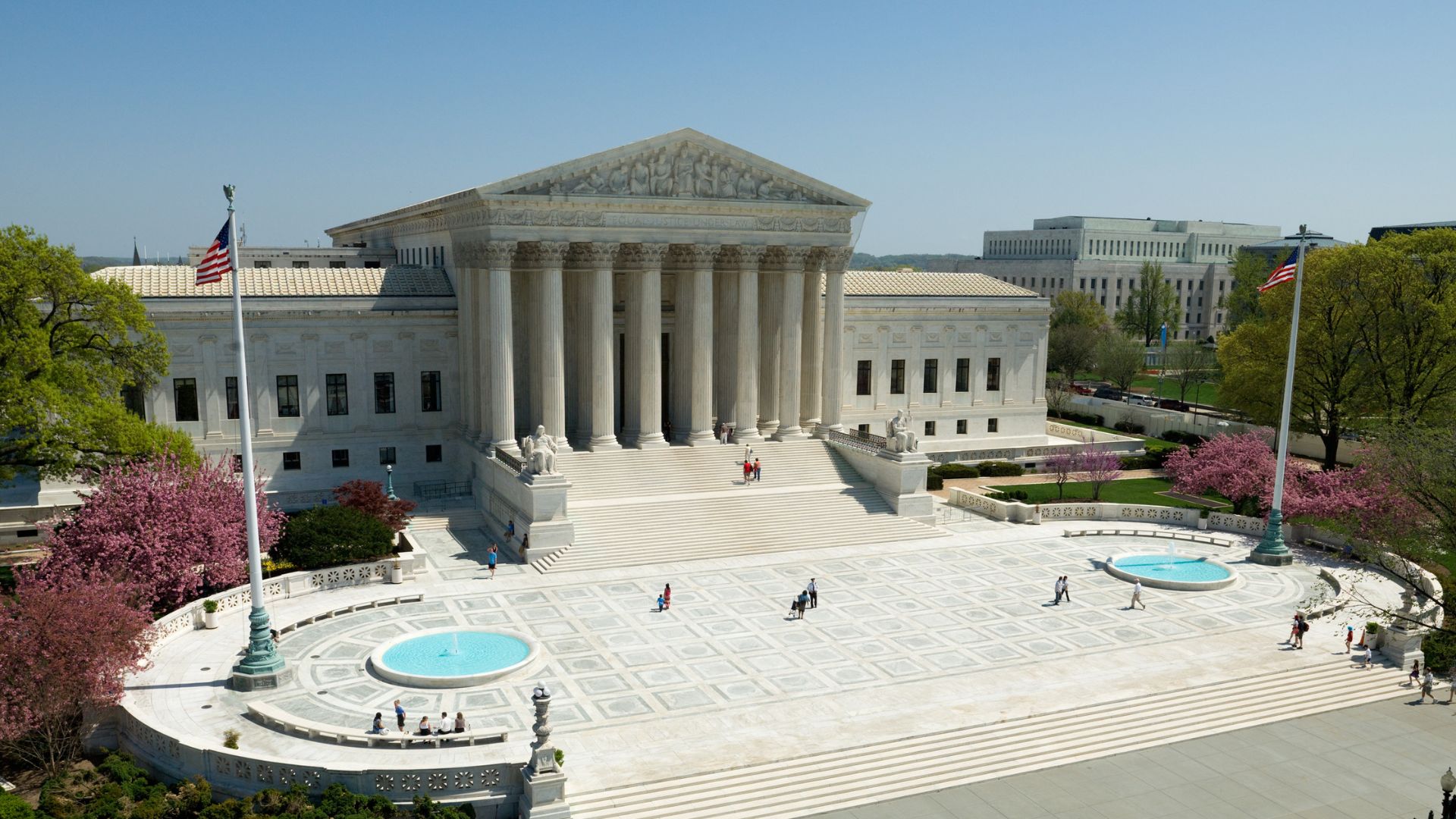
Mystal expands on this changing scope the Supreme Court seems to have essentially put into place for its own actions and authority.
In her words, they’ve bestowed themselves “nearly unlimited power over the administrative state and its regulatory agencies”. This would seem to be at direct odds with the constitution.
What Does the Constitution Say?
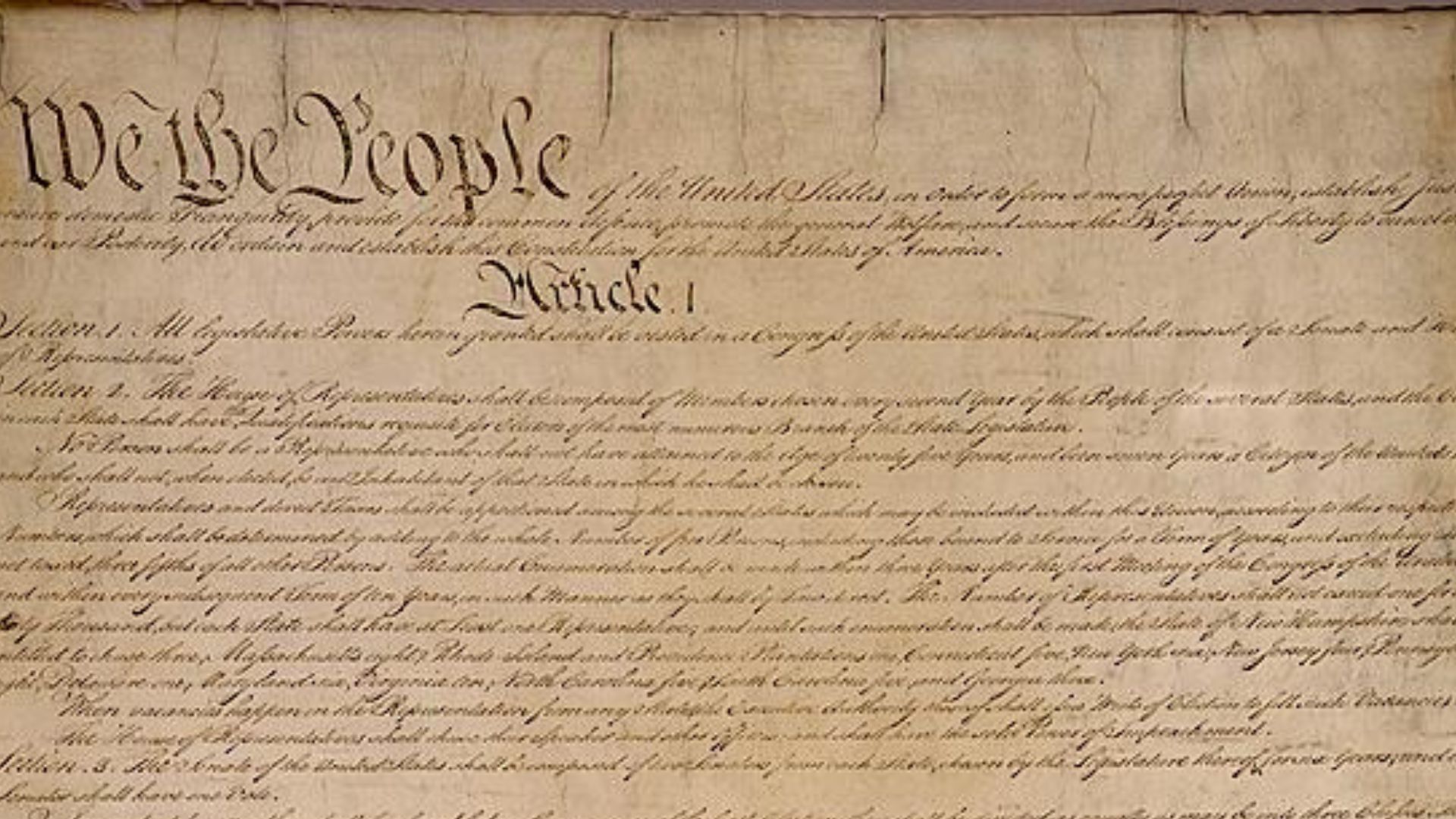
This is again described pretty succinctly by Mystalv: “The US Constitution, flawed though it is, has already answered the question of who gets to decide how to enforce our laws”.
She continues, “The Constitution says, quite clearly, that Congress passes laws and the president enforces them. The Supreme Court, constitutionally speaking, has no role”.
Widening SCOTUS Influence
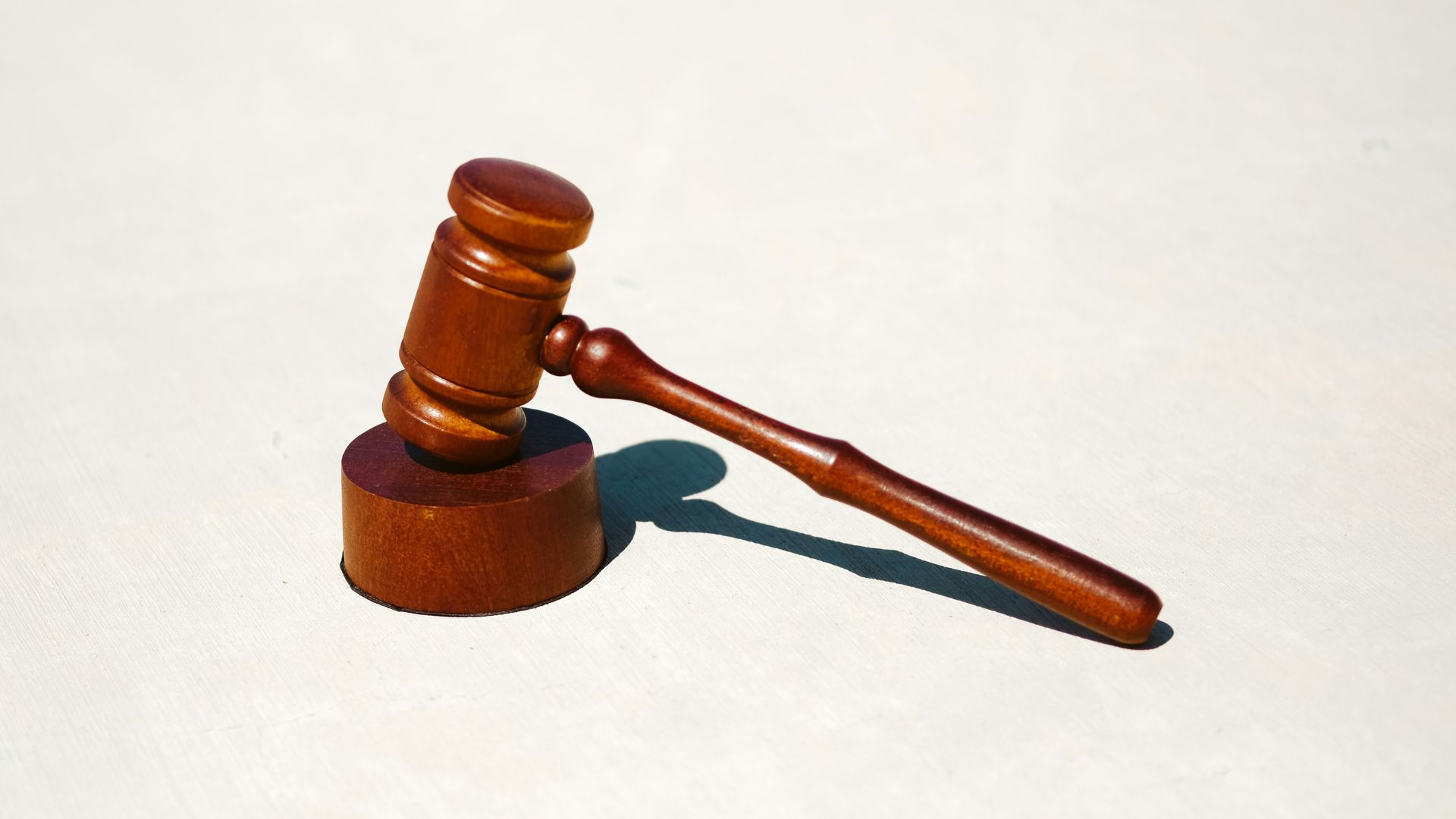
With this decision regarding Chevron, the Supreme Court would appear to be changing its role, now holding power in how laws are enforced.
They seem to have even expanded their power to be in a position to decide on the legal action that can be brought against whoever occupies or has occupied the office of President.
Presidential Immunity
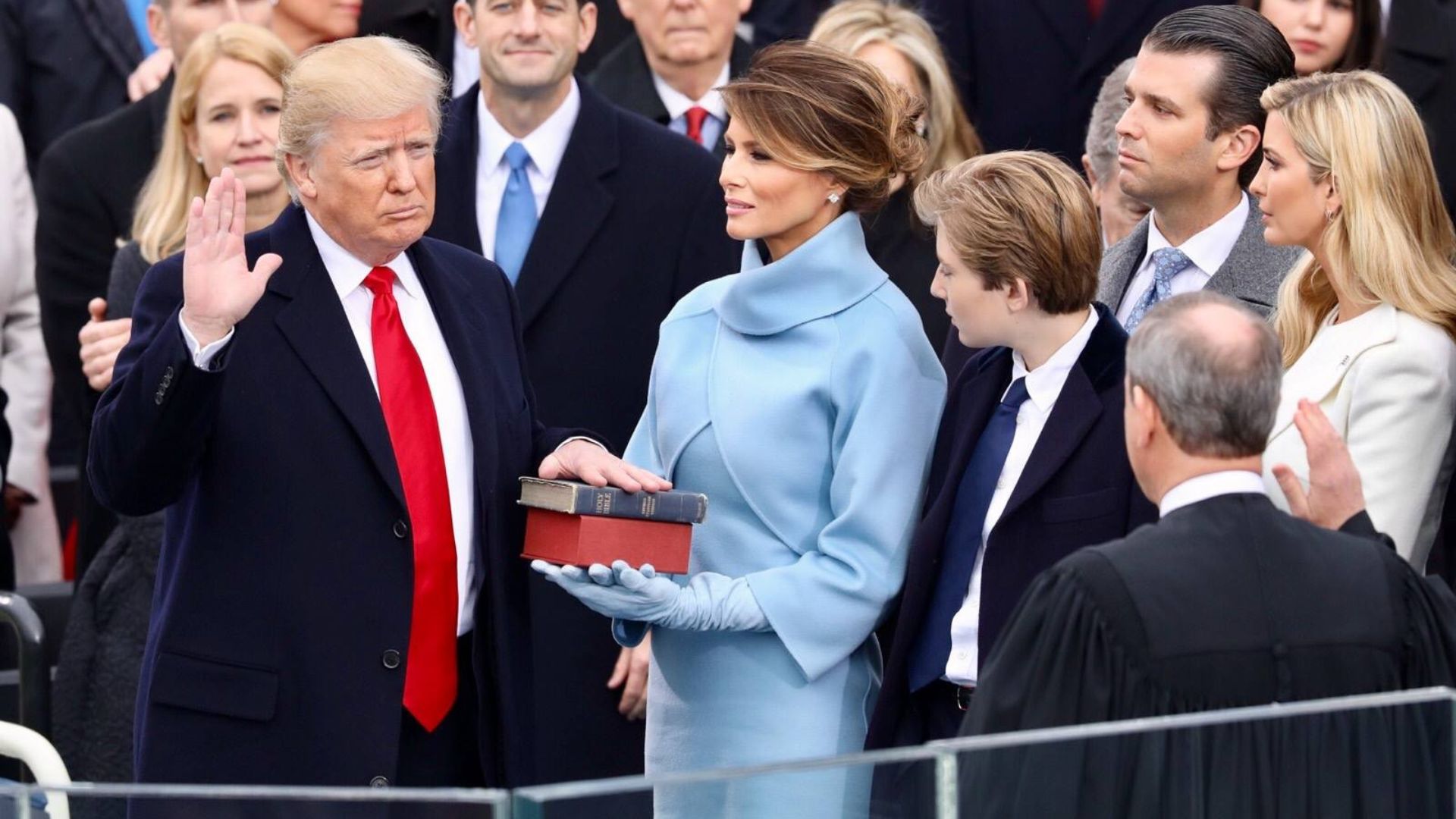
In another widely criticized decision, Supreme Court justices recently ruled on the scope of immunity former Presidents are afforded for criminal convictions brought against them.
In a 6-3 decision, they ruled that former presidents cannot be prosecuted for actions that relate to the core powers of their office — Justic Clarence Thomas agreed with this majority ruling.
What This Actually Means
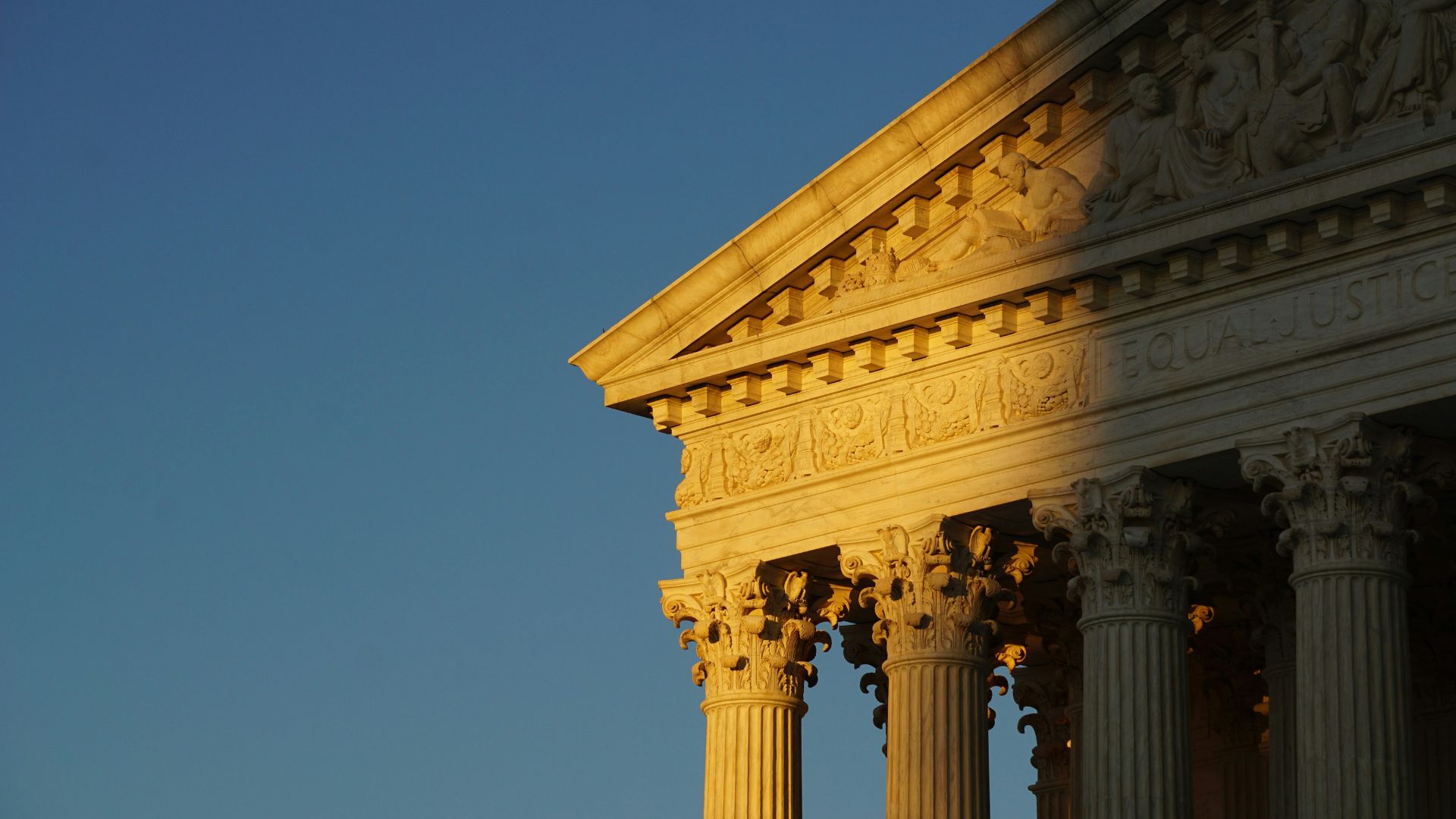
This basically expands the scope of presidential immunity from prosecution to say that there is a presumption of immunity for their “official” acts in a broad sense.
There is clearly a lot of scope here, as what is or isn’t an “official” act seems open to interpretation. Where this decision draws criticism for Thomas and SCOTUS as a whole is when you stop to think about who decides what constitutes an “official” act.
“Official” Acts

In this ruling, SCOTUS were careful to stress that former Presidents only have presumed immunity for official acts — they have no protection from prosecution for unofficial wrongdoing in office.
In terms of who decides what does or does not constitute an “official” act, SCOTUS says that this will be for the lower courts to decide. Fine in principle, but there are those who have their doubts.
Supreme Court Has Ultimate Say
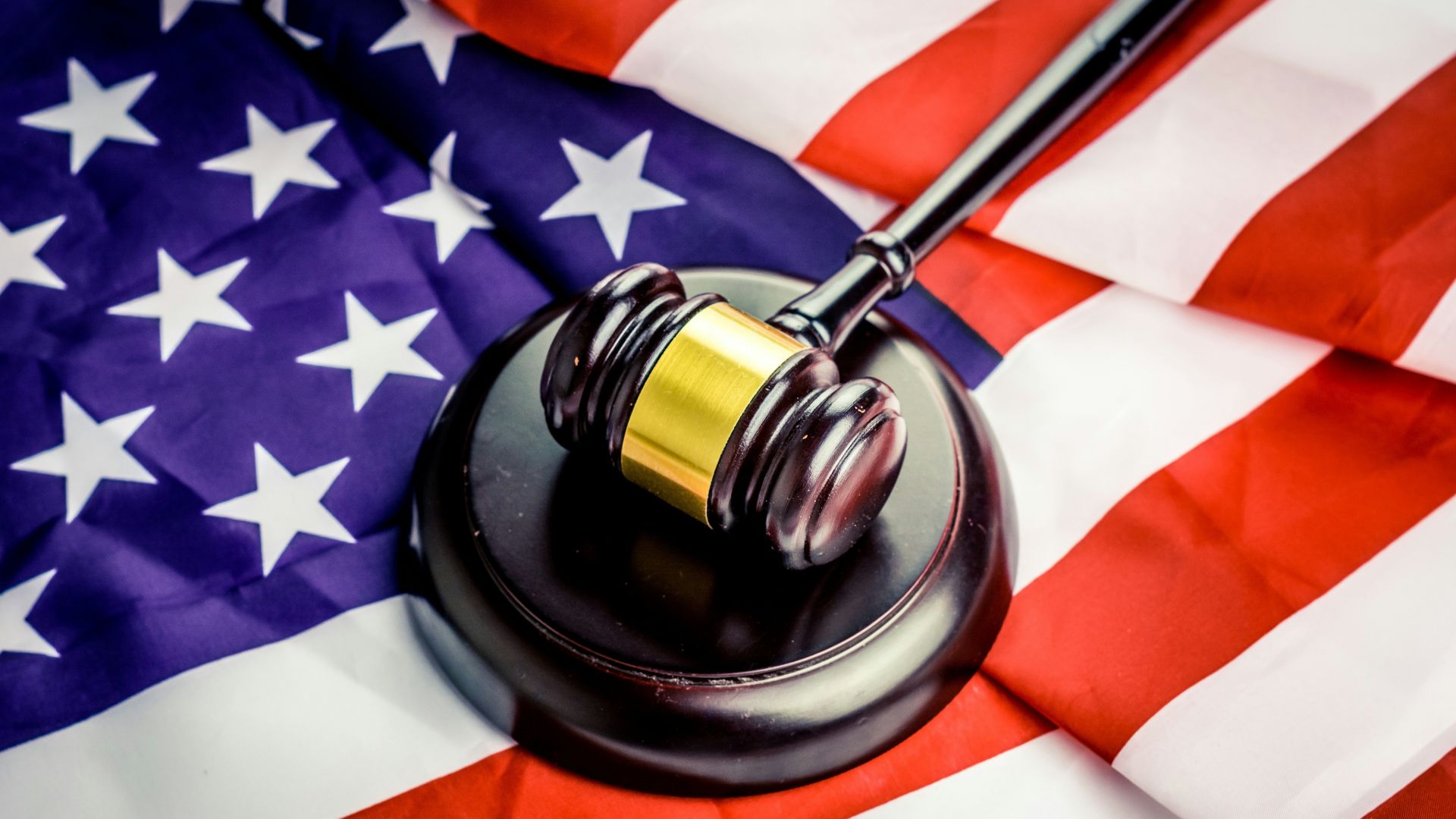
Even if the matter of whether or not a President’s actions are “official” is for the lower courts to decide, you would think that they would take a steer from the Supreme Court.
Should they ever wish to exercise it, the Supreme Court has given itself power to decide whether or not to prosecute a former President.
SCOTUS Above POTUS

There are many who have real concerns as to what this could mean in terms of the overall power the Supreme Court holds in America.
As pundit Asha Rangappa puts it, SCOTUS has “made itself the ultimate umpire of what is ‘official’ or ‘not official,’ thereby giving itself power to determine which prosecutions are warranted and which aren’t. Basically, they’ve made themselves, not POTUS, the kings here”.
Push Back Against Scotus
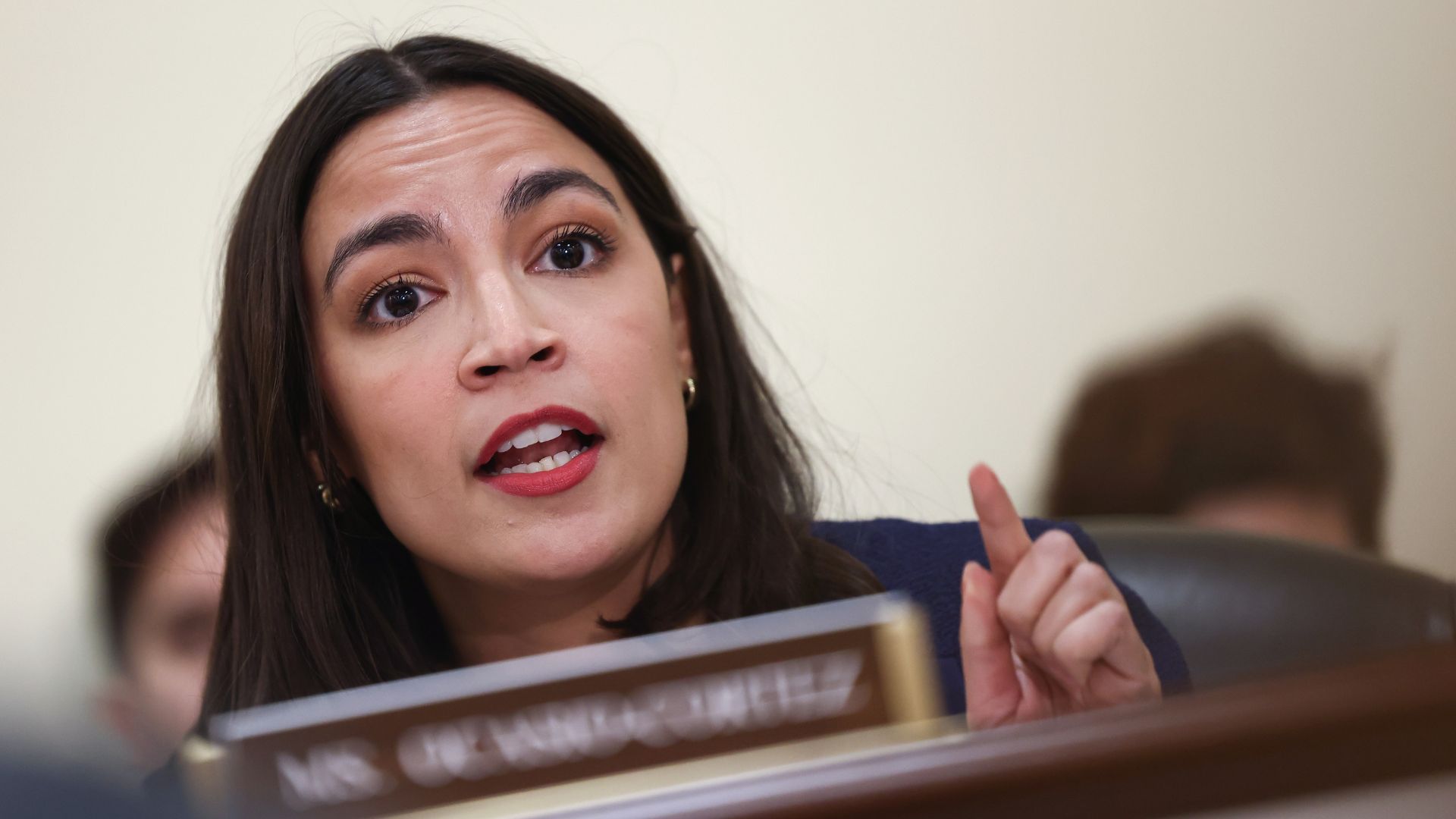
Understandably, there are many across the nation unhappy with these recent moves by the Supreme Court. This includes members of Congress.
Alexandria Ocasio-Cortez has made clear her intention to make it possible to impeach Supreme Court justices, and Rhode Island Democrat Sheldon Whitehouse has consistently called out Supreme Court corruption and called for a large scale investigation of SCOTUS.
Justice Thomas Faces His Own Problems
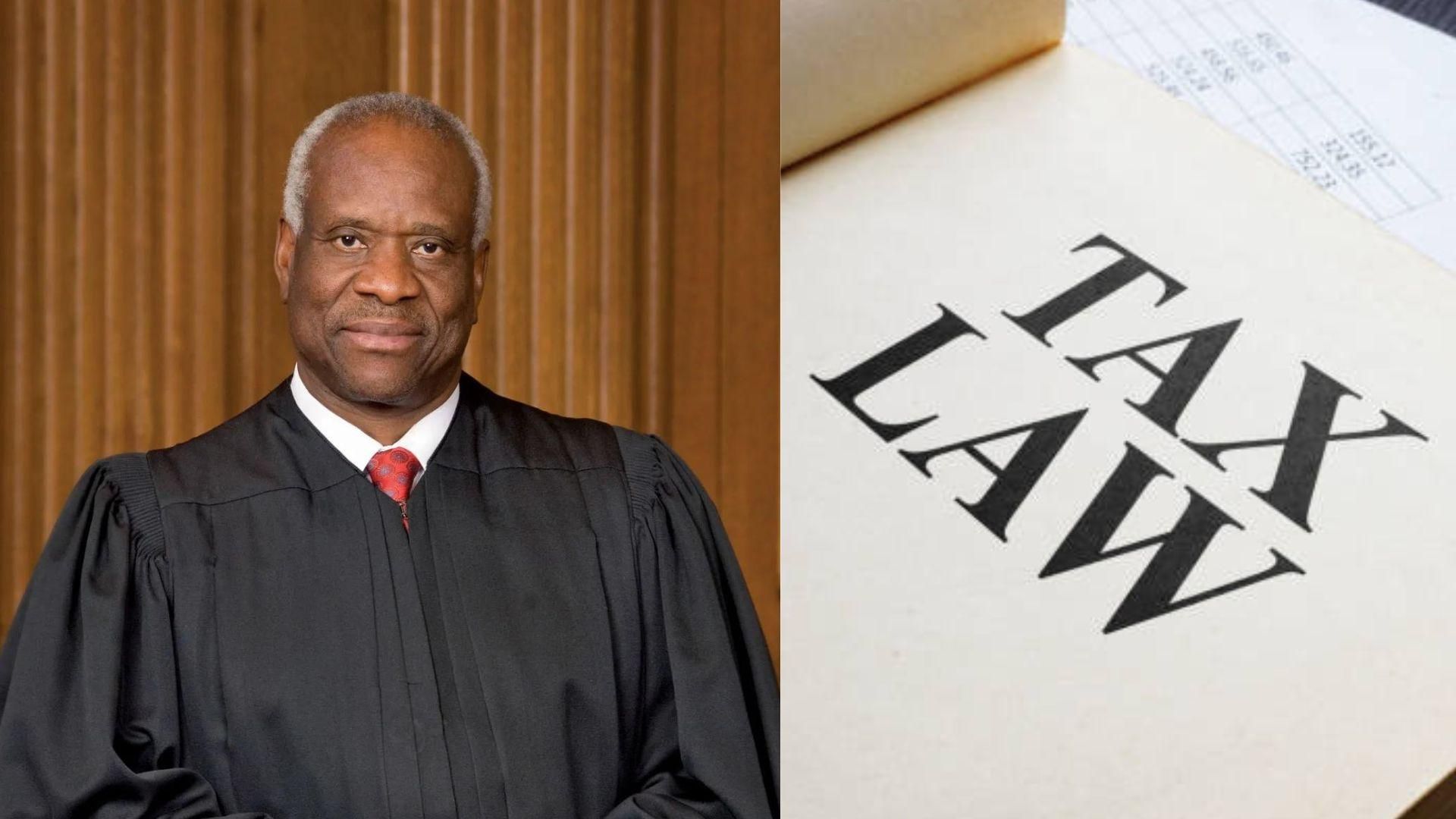
Beyond any scrutiny and potential investigations being faced by the Supreme Court, Justice Clarence Thomas is facing potential investigations personally.
Senators recently sent a letter to the Attorney General requesting a Special Counsel be appointed to investigate Thomas regarding potential violations of ethics, false statement, and tax laws after reports he may have broken federal law by accepting, but not disclosing, gifts from billionaire benefactors.
Content Regulation
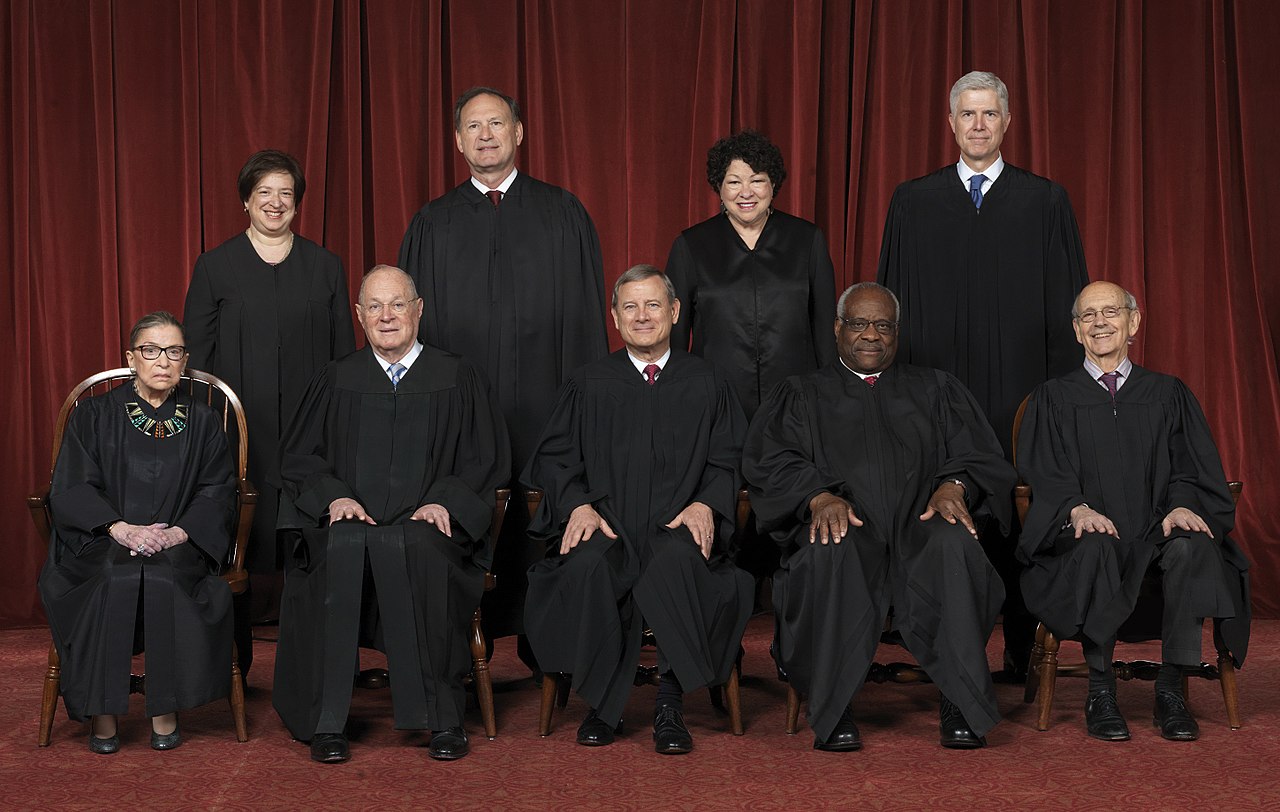
The social media law regarding what content can be regulated prompted Thomas’ opinion that the commentary was “unnecessary.”
According to Thomas: “I cannot agree, however, with the court’s decision to opine on certain applications of those statutes. The court’s discussion is unnecessary to its holding.”
Thomas’ continued contradicting opinions to the rest of the Supreme Court could cause tension in future rulings.
